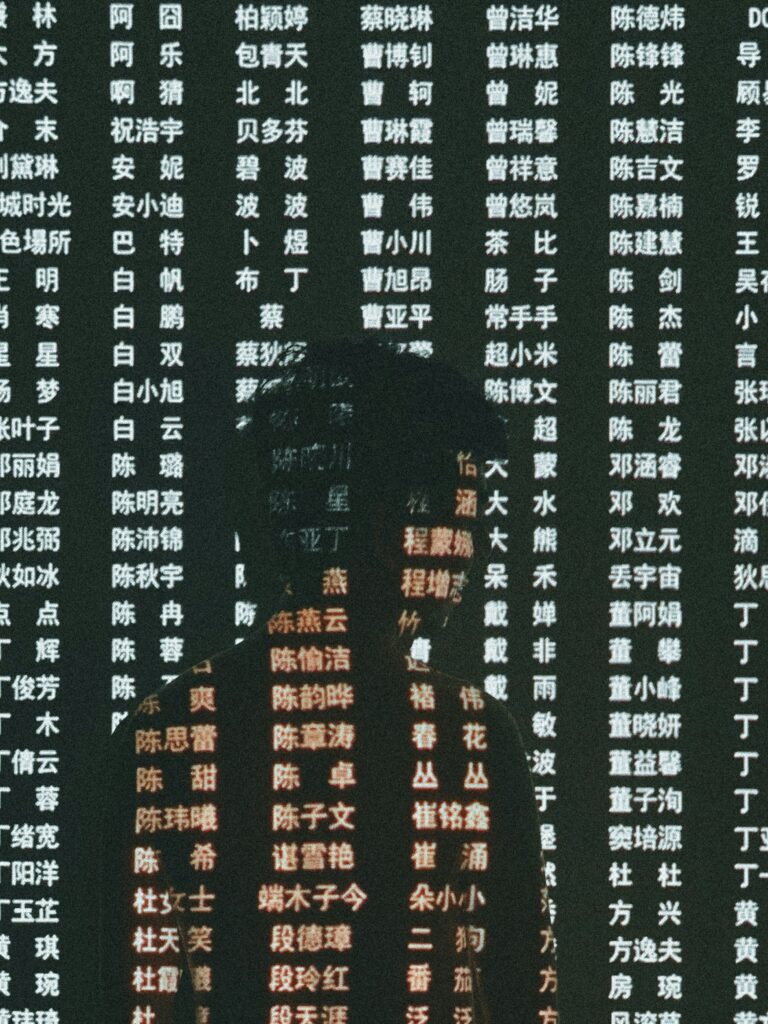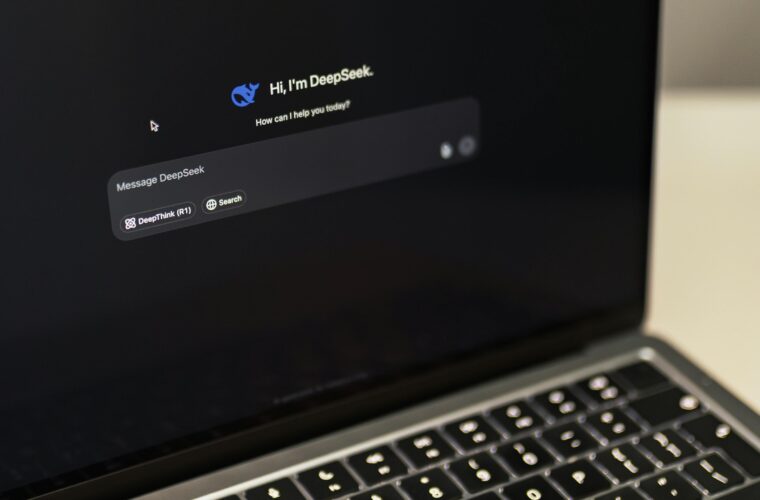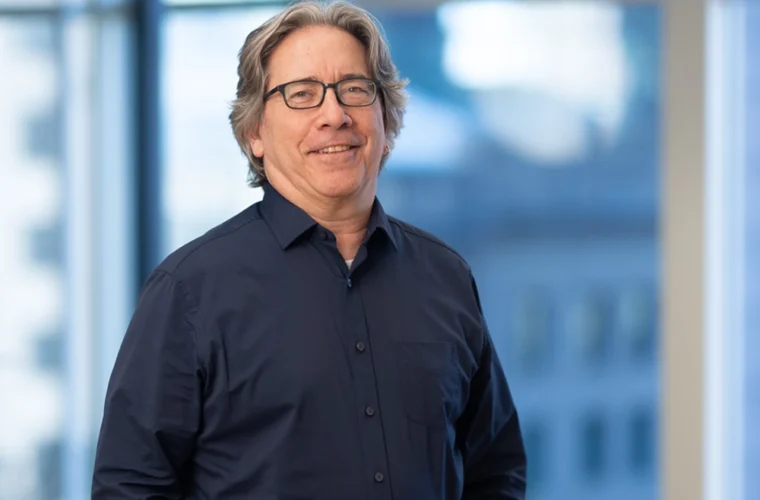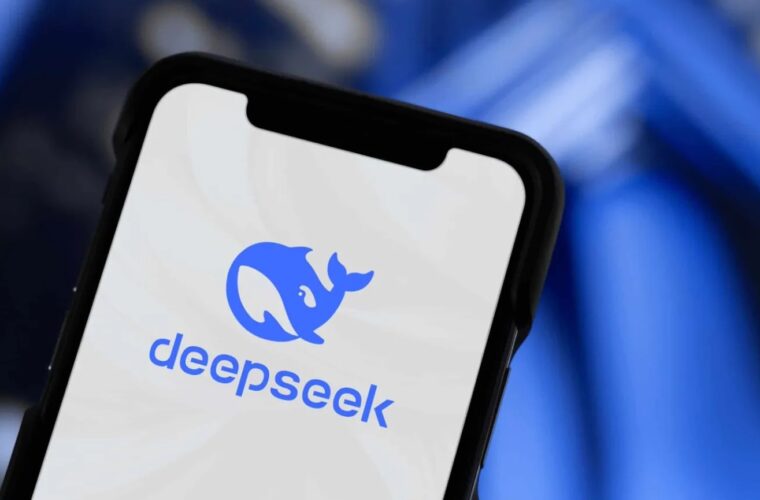It was a big week for artificial intelligence. After the Chinese start-up, DeepSeek launched its AI chatbot app, it quickly topped the download leaderboards and made headlines across the world. DeepSeek R1, the latest model from the developer, is reported to be as capable as its rival OpenAI’s ChatGPT in terms of performance but at a significantly lower cost. Its introduction came across as a surprise to the AI market, which had been dominated by United States-based tech giants like OpenAI and the chip manufacturer Nvidia. Its launch signals the emergence of competition for cost-effectiveness from up-and-coming companies.
Who Is Leading DeepSeek?
The tech start-up which rattled the AI world was only founded in 2023, based in Hangzhou, China. The founder is 40-year-old Liang Wenfeng, a Zhejiang University graduate with a degree in electronic information whose career background is in the finance sector. Liang is the CEO of High Flyer, a hedge fund that uses AI for financial analysis and is also a key funder of DeepSeek.
While little is known about Liang, he has long been obsessed with AI. Reports say he had amassed an extensive collection of Nvidia graphic processing units for years before setting up DeepSeek, collecting more than 10,000 A100 chips. Only a few tech companies in China have stored Nvidia units, especially A100, which the U.S. banned from exporting. Some speculate that the entrepreneur must have used the chips with cheaper technology to reduce the cost of AI computing.
Last year, Liang participated in an interview with Waves and was quoted as saying: “China’s AI can’t be in the position of following forever. We often say there is a gap of one or two years between China’s AI and the United States, but the real gap is the difference between originality and imitation.”
Hiring Young Talents
DeepSeek is said to be hiring young professionals across the tech field, either recent graduates from prestigious universities in the country or researchers with few years of working experience, according to a report. For example, the technical paper of R1 is written by around 200 researchers with 18 core contributors.
Some of the faces of the team are known to the public through reports. The team includes a former Xiaomi employee and a Peking University (PKU) master’s degree holder, 29-year-old Luo Fuli, nicknamed the “AI Prodigy”. Gao Huazao, a PKU graduate who studied physics, and Zen Wangding, who studied at the AI Institute of Beijing University of Posts and Telecommunications, are some other members recognised for their contributions to the recent product.
There also are people who have garnered much attention on social media, like X, since the introduction of DeepSeek. Zizheng Pan, a former Nvidia intern who now works as a researcher at the company, now has nearly 60,000 followers on the platform. Shortly after the app topped the App Store, Pan uploaded a screenshot and captioned: “This moment is absolutely phenomenal to me.” Another DeepSeek researcher, Deli Chen, a PKU graduate who added over 16,000 followers since the launch of the app, also said on X that people’s reception towards the latest app is “unbelievable results, feels like a dream”.

Going Back to the Home Country
DeepSeek takes a different approach from other AI tech start-ups, which prefer employees with years of work experience, graduates who majored in computer programming, and those who studied at well-known universities outside of China.
Furthermore, some members’ cases highlight the tendency of young Chinese tech professionals to return to their home country after some experience abroad.
Zhiding Yu, a senior research scientist at Nvidia, recalled on X when he witnessed Pan, an intern at the American chip producer then, deciding to join DeepSeek while declining the full-time offer. It was when DeepSeek was still a relatively small firm, with three people in the multimodal team, that Pan eventually joined. “I am still very much impressed by Zizheng’s decision at that time,” Yu wrote. “I am personally very happy for his decision and the great achievements.”
Yu added that Pan is not the only case in which Chinese professionals go back to the country despite prospective job offers from American companies. “Many of our best talents come from China, and these talents don’t have to succeed only in a U.S. company. Instead, we learn a lot from them,” he said in the post on X.
A report from the Rest of the World started that there is a growing trend of Chinese elites in the AI sector turning down Silicon Valley jobs and opting to join the industry in their home country. The reasons include a lower cost of living, proximity to family, and greater opportunities for career advancement at an earlier age.



